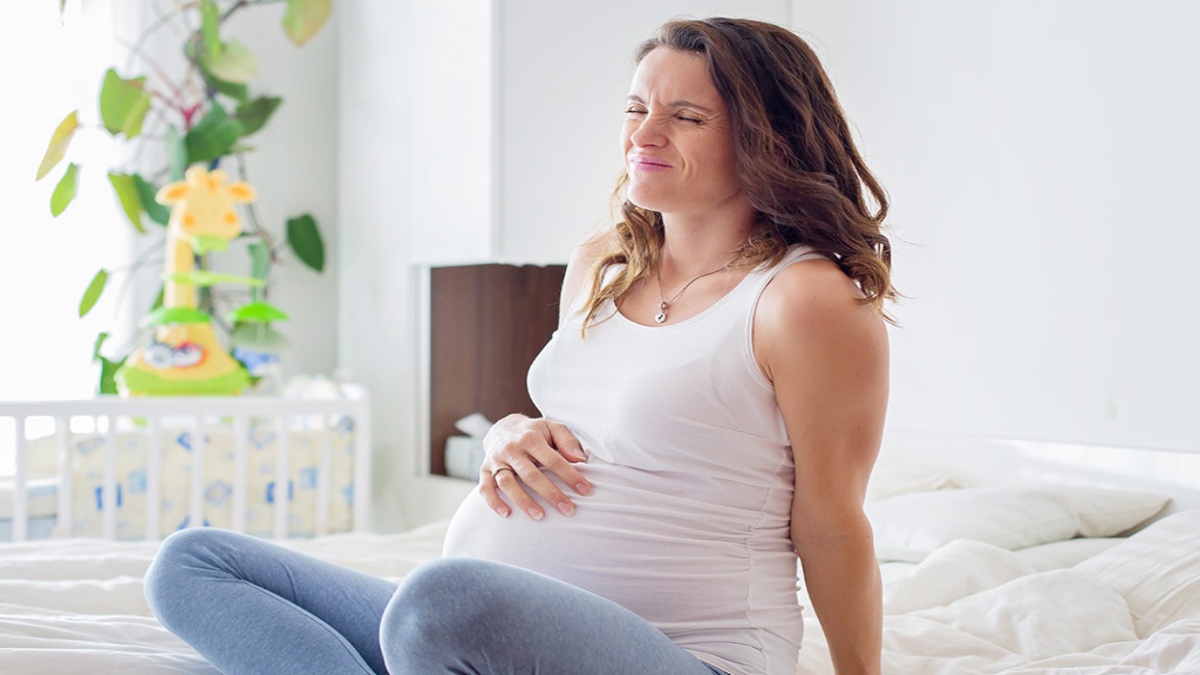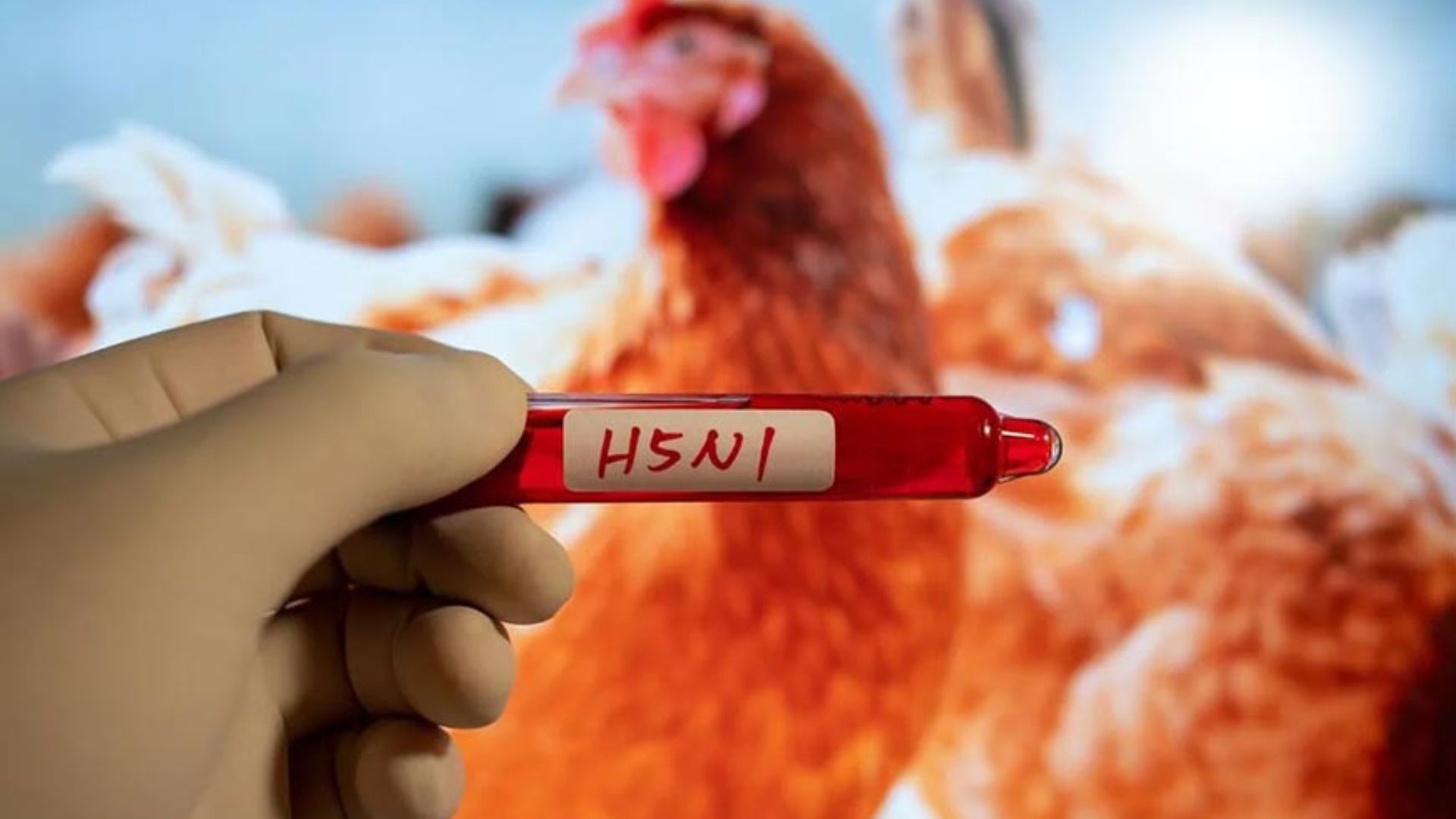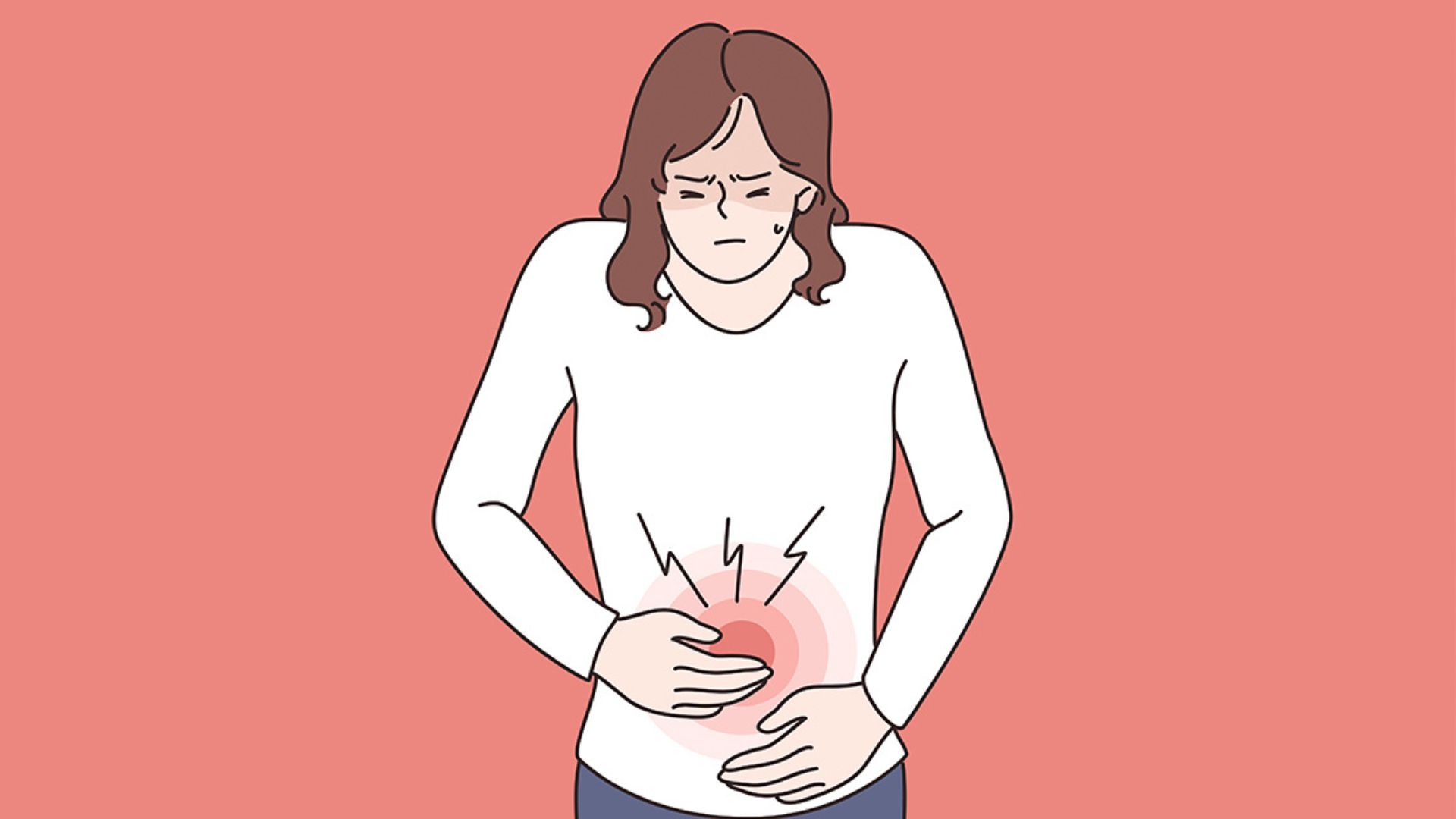Studies say that many women delay parenthood until 35 or older because of several social and economic reasons, like reaching for higher-education, establishing career and job pressure. Better methods of contraception, widely and easily available IVF technique also encourage people to stay single and enjoy their independence until a later age.
While it seems miraculous to have a baby at an advanced age by advancement in IVF technology, on the other hand, experts raise the concern of increased maternal health problems ranging from cardiac issues to Breast cancer.
The biological clock is a fact of life, and no one can deny that. Age of a woman is an important factor when it comes to pregnancy. As the age advances, not only fertility reduces but the complications during pregnancy also increase. This phenomenon does not compliment the current trend of aggressively prioritising work and being engulfed in a fast lifestyle.
In today’s time, many women plan pregnancy in their 30s, and beyond. Are there more risks or complications involved with pregnancy and birth as maternal age rises compared to pregnancy in the 20s? To remain healthy throughout pregnancy and deliver a healthy baby, we need to understand the risks associated with advanced age pregnancies.
A problem in Conceiving Naturally
As we are born with a limited number of eggs, their number and quality start reducing in the early 30s and drastically after 35 years of age. Formation of egg in every cycle and its fertilisation also become erratic and difficult. This not only reduces the chances of natural conception but also reduces the chances of a healthy pregnancy with assisted reproduction techniques.
Risk of Chromosomal abnormalities and Birth Defects
Babies born to older mothers have a higher risk of chromosomal abnormalities, spinal cord defects, Down syndrome, mental retardation, and delayed development of milestones.
Early pregnancy Loss or Still Birth
There are increased chances of miscarriages may be because of poor quality egg or genetic defects. Pre-existing medical conditions like high blood pressure, dabetes etc. further increases the risk of miscarriage and intrauterine demise.
High Blood Pressure during pregnancy
A family history of hypertension or genetic predisposition contributes to increased risk of developing high blood pressure with advanced age. Higher the BP goes in pregnancy, more are the complications and health risks to mother and foetus. You may have to get admitted in the hospital to control blood pressure, strict BP monitoring, or may have to terminate the pregnancy before the due date.
Increased Risk of Gestational Diabetes
Gestational diabetes is more common in older women getting pregnant. Strict blood sugar monitoring and its control throughout pregnancy are important to prevent its complications on the mother and foetus.
Preterm delivery, Growth retardation, Low Birth Weight Babies
Defective placentation, the improper blood supply to the growing foetus and associated medical problems like hypertension and diabetes may result in intrauterine growth retardation, low birth weight, and premature delivery. These babies may have brain damage, respiratory and neurological problems, and also delayed development of milestones.
Higher chances of Difficult Labour, delivery by C-Section
Older women have a higher risk of pregnancy-related complications, hence, there are more chances of surgical intervention and baby requiring nursery care.
The writer is Director, Ferticity Fertility Clinics, Delhi.













